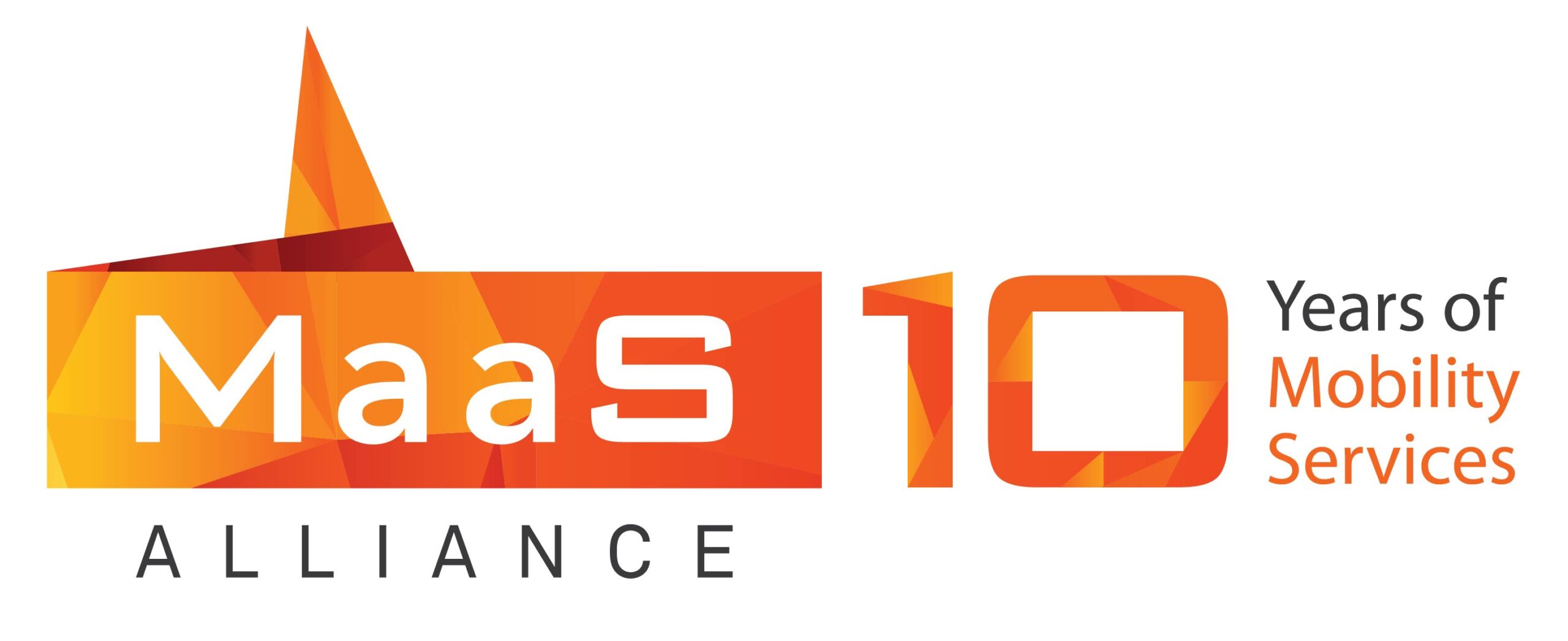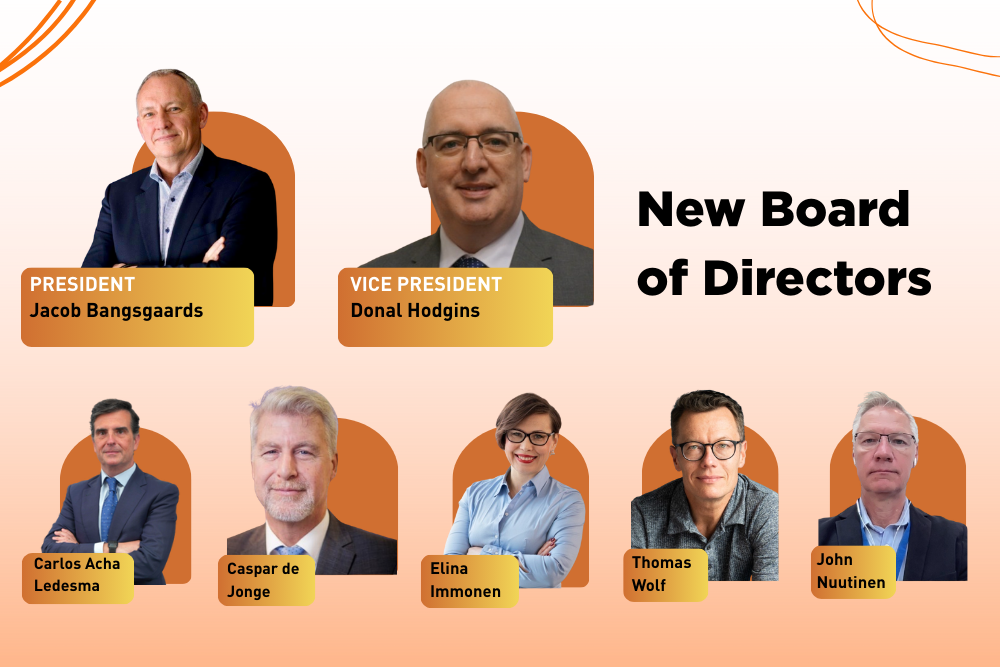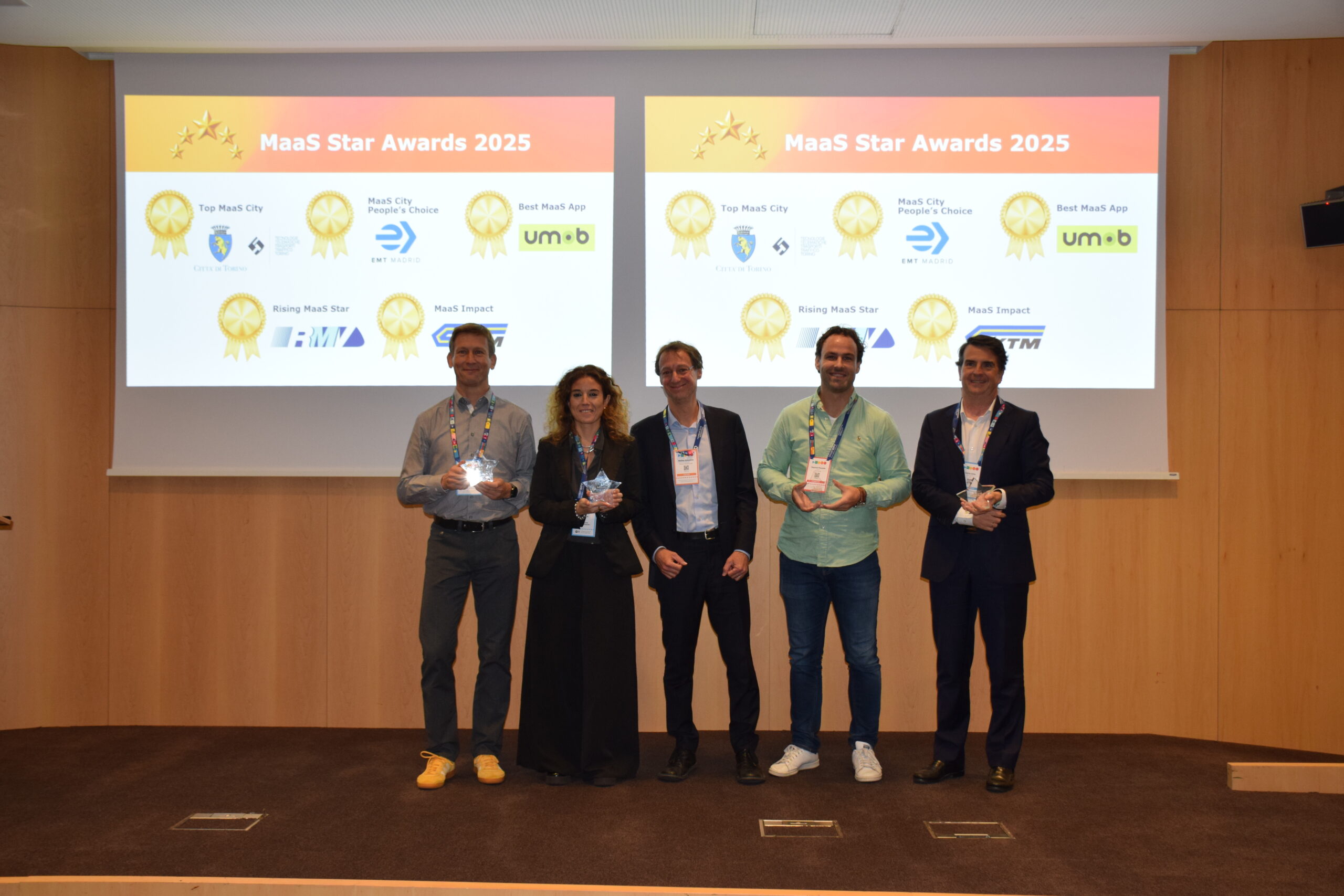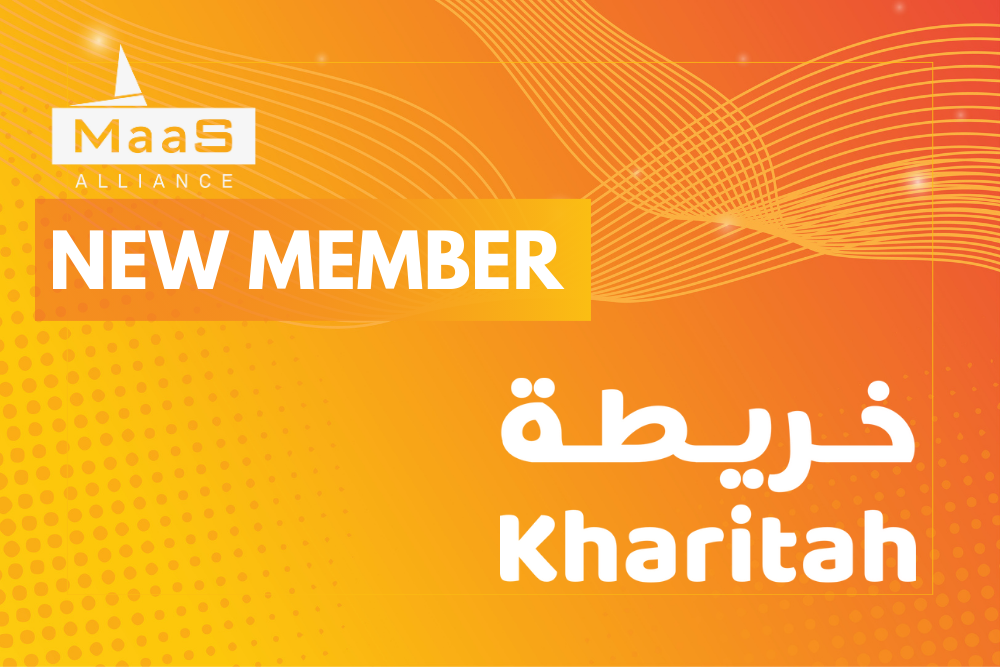
We continue to explore the developments of MaaS in the past few years from different perspectives, giving the floor to the diverse sectors of our Membership. We take the opportunity to celebrate our achievements and activities of the past 5 years and continue our conversation with the founding and current Board Members of the MaaS Alliance. This month, we talk to Board Member Hubert Joseph-Antoine, Group Strategy Director at TRANSDEV, a leading public transport company, delivering high quality transportation services around the world.
Transdev joined the MaaS Alliance in 2019. What made you join? What are for you, as a global mobility company, the main benefits of being part of the MaaS Alliance?
Transdev is one of the first Public Transport Operators that saw the importance of MaaS in future mobility; we were one of the first investors in MaaS Global while creating, through our subsidiary Cityway, the Moovizy app in Saint-Etienne and the “Compte Mobilité” mobility account in Mulhouse.
In 2018, Transdev established a team dedicated to MaaS to better understand how MaaS will be deployed in cities and how a Public Transport Operator like Transdev would fit in. It is the same year that the MaaS Alliance had invited Transdev to attend exceptionally its plenaries and workshops. MaaS is a domain that unites many companies from different fields that do not necessarily work together in their respective core businesses. The MaaS Alliance was a place for these different industry players and start-ups to meet; it gives the opportunity to get to know and understand each other to enable the conditions for the future Public-Private-Partnership.
As Public Transport leader in MaaS, it was natural for Transdev to become a full member in 2019 and thus taking part in the workshops and discussions that are shaping the framework of MaaS. The main benefit of being part of the MaaS Alliance for a global mobility company like Transdev is definitely to understand the overall ecosystem and to make its point of view known.
If you now look back 5 years, the mobility industry has changed quite a lot. What are the most remarkable changes in the mobility industry and especially in your business?
5 year ago, there was a booming of shared eBike; then shared eScooter companies popped-up in most of the big cities around the world. The digitalisation of the mobility started by Uber transformed the way people are consuming light and shared mobility. These innovating mobility service providers were the missing piece to fill the gap and to provide users an alternative solution to their own car by offering the first and last mile to the Public Transport.
Therefore, the most remarkable changes in the mobility industry are the multitude of new and complementary offers available to the traveller that enable MaaS where Public Transport represent the backbone.
Regarding specifically public transport, we have seen the acceleration of digitalisation of public transport, from transport planning to routing system or from passenger information to ticketing. This digitalisation has enabled new usage of public transport like post-payment or dynamic on-demand microtransit.
It is also important to add that the Covid-19 had and still has a huge impact on mobility and has set new expectations from the end user. Cities redesigned their street to allow more bike to safely circulate. Unfortunately, people started to buy cars again, but at least they are electric. And the Public Transport had to speed-up their digitalisation (Realtime Traveller Information, M-Ticketing, M-Payment etc.)
How do you think MaaS will look in the next 5 years? What are the emerging trends?
In the next 5 years, MaaS will go from test and learn to full operation. With the acceleration of the digitalisation of public transport, many cities are currently planning to deploy a MaaS solution in the next 24 months. Besides, we observe that PTAs clearly understood the importance of digital solutions in mobility planning and therefore decided to take over control on MaaS operations management. Here, we see two main trends. The first one is that in most of the medium cities will have a MaaS managed by the PTA under a B2G model. The second one is that the employers will be more and more implicated into the mobility of their employees and will be an enabler for the MaaS B2B.
At Transdev we think that MaaS should be considered as a powerful governance tool for Public Transport Authorities to organise smart and sustainable mobility systems aligned with the Green Deal objectives. We believe that these innovations should serve the common good by improving mobility accessibility, sustainability and reliability, which directly echoes our own company’s purpose. For this reason Transdev advocated for PTA digital sovereignty in matters of mobility in the frame of LOM (French Mobility Orientation Law) and will keep advocating for this principle in the frame of the ITS Directive revision.
You are a major public transport operator running in many countries, what differences do you see between countries in terms of MaaS opportunities, development and users behaviour?
Europe, Canada and Australia/New Zealand are places where we see a real determination to make MaaS a success. Then it really depends on the cities or regions. There are not specific countries but if we have to name the most active ones where we are operating, we would say the Netherlands with its 7 MaaS tenders, France and more recently the UK.
Regarding the user’s behaviour, none one can answer this question right now as we are still in the test and learn period with a pandemic context where people are incited to stay home. I hope that we would be able to answer the question in 2022.
COVID-19 had an impact on the mobility industry and the way we move. What was the main (negative/positive) impact for Transdev and what opportunities do you see in the future?
The negative impact is undeniably the dropping numbers of our regular users (-46% on average in 2020 in Transdev networks) linked to the fear of promiscuity. The positive impact is that we had to react and find new ways to serve our customers who are continuing using our services. Being innovative where we would have not necessarily been innovative without the Covid-19. Cleanliness technology is a good example of this new dynamic. We also observed a tremendous acceleration of digitalised solutions deployment to provide more real-time and accurate information to the travellers on the capacity/load, time or arrival and departure, safety and above all contactless ticketing technologies. The development of home working could also have a long-lasting impact on mobility behaviours and fare collection policies. We also worked hard to protect our front line employees and this created a huge solidarity between everyone at Transdev.



